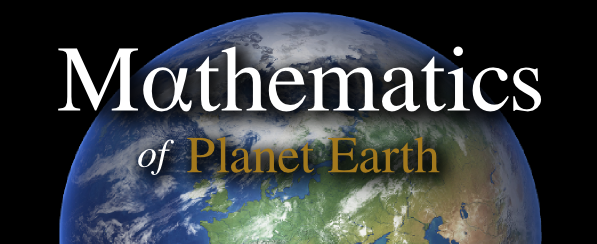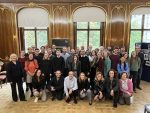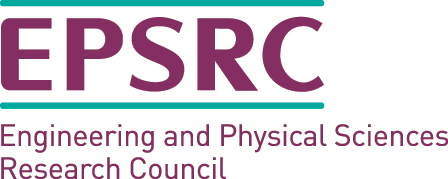Adriaan Hilbers, a third-year MPE student, lead a group of data scientists during the latest edition of the Alan Turing Insitute’s [Data Study Group](https://www.turing.ac.uk/collaborate-turing/data-study-groups). The 8-member team developed AI techniques for the automatic evaluation of planning applications in a week-long event hosted at the Alan Turing Institute’s main office in the British Library, London.
The Data Study Group, hosted from 9-13 December 2019, is a “collaborative hackathon” in which government and industry groups challenge participants to solve real-world problems using techniques from data science and AI. This edition featured, among others, projects to automatically detect anthrax contamination from frequency spectra, scan news stories to flag threats to protected wildlife sites, and signal trends in the UK government’s national web archives.
Adriaan’s group was tasked with developing techniques to automatically evaluate planning applications sent to local councils. Currently, evaluating such applications requires around 30 million worker hours a year across the UK and represents a significant proportion of council resources. Around 35% of applications are rejected for one of 12 common errors, such as building plans with missing information, inconsistent application details or incorrect fee calculations. The group worked on the computerised detection of such errors. At present, councils receive multiple, typically unnamed, PDFs to evaluate for each application. Data wrangling to extract useful information from the files was hence a considerable part of the work.
By the end of the week, Adriaan’s team had developed software to automatically classify application PDFs into labelled plans or forms, trained neural networks to identify features of planning drawings (e.g. North signs, scales, plans, labels) and enhanced automatic document reading by combining multiple optical character recognition software. Furthermore, the team made a road map for the development of the research to an operable, and financially viable, system for the automatic detection of common planning application errors.






